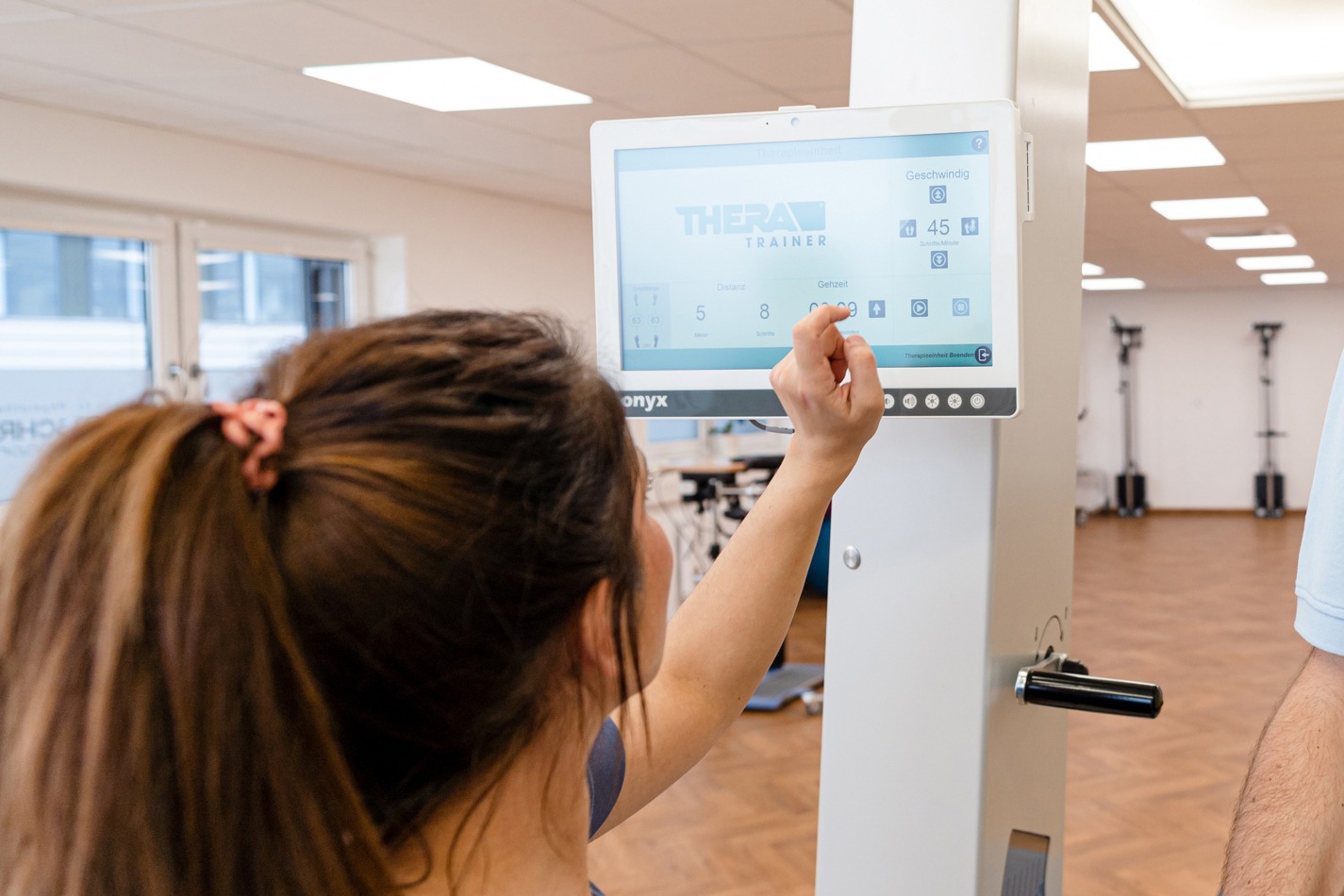
A UK study reveals that therapists view robot-assisted therapy after stroke as a valuable complement to conventional rehab. While acceptance is high, practical barriers highlight the need for clear implementation guidelines.

The evaluations show that, in principle, therapists have an open-minded and positive attitude towards robot-assisted therapies, and see them as a meaningful and effective supplement to conventional therapy. A particular challenge is the successful implementation of the measures in everyday clinical practice, for example with regard to existing resources and skills. The authors conclude that relevant guidelines should be created.

- Stephenson, Andrew and Stephens, John. "An exploration of physiotherapists’ experiences of robotic therapy in upper limb rehabilitation within a stroke rehabilitation centre." Disability and Rehabilitation: Assistive Technology (2017): 1-8.
Related contents
Find related exciting contents in our media library.
Meet our specialists.
Are you interested in our solutions? Schedule a meeting with a Consultant to talk through your strategy and understand how TEHRA-Trainer can help you to advance rehabilitation.
You need to load content from reCAPTCHA to submit the form. Please note that doing so will share data with third-party providers.
More InformationYou are currently viewing a placeholder content from Turnstile. To access the actual content, click the button below. Please note that doing so will share data with third-party providers.
More Information